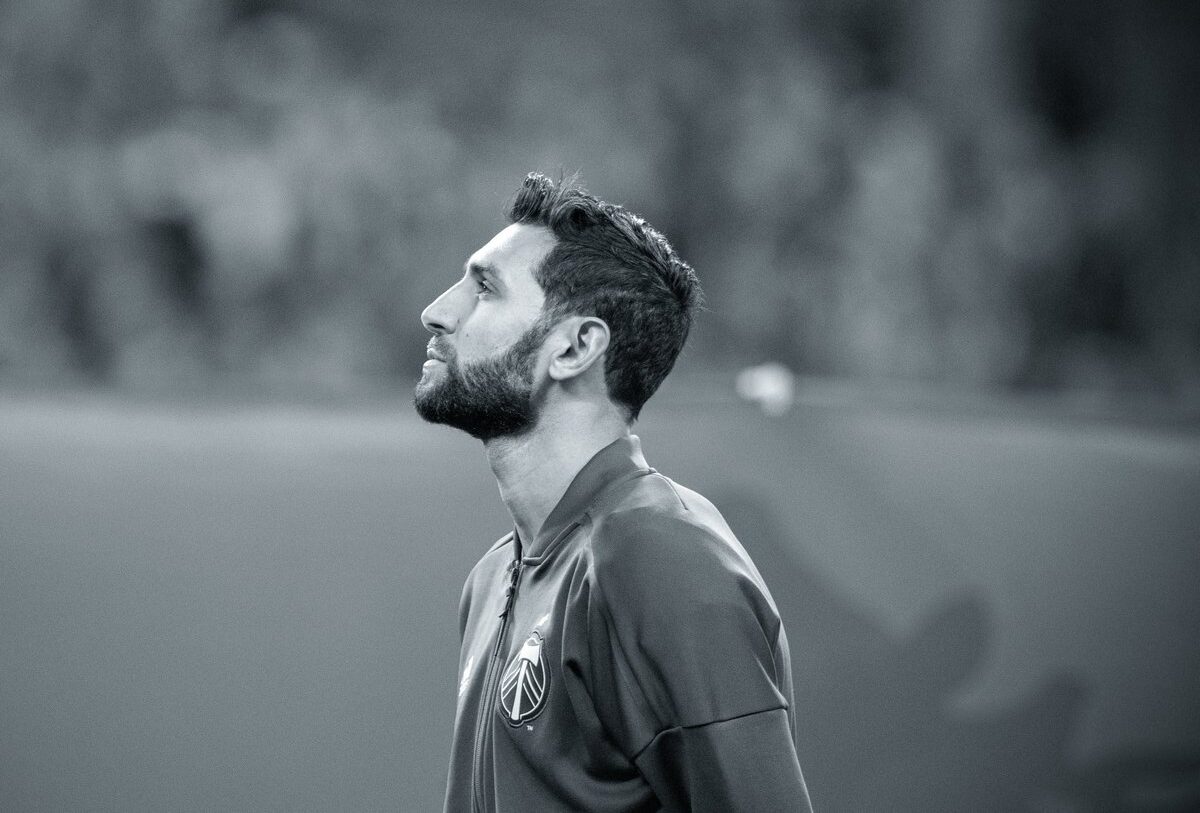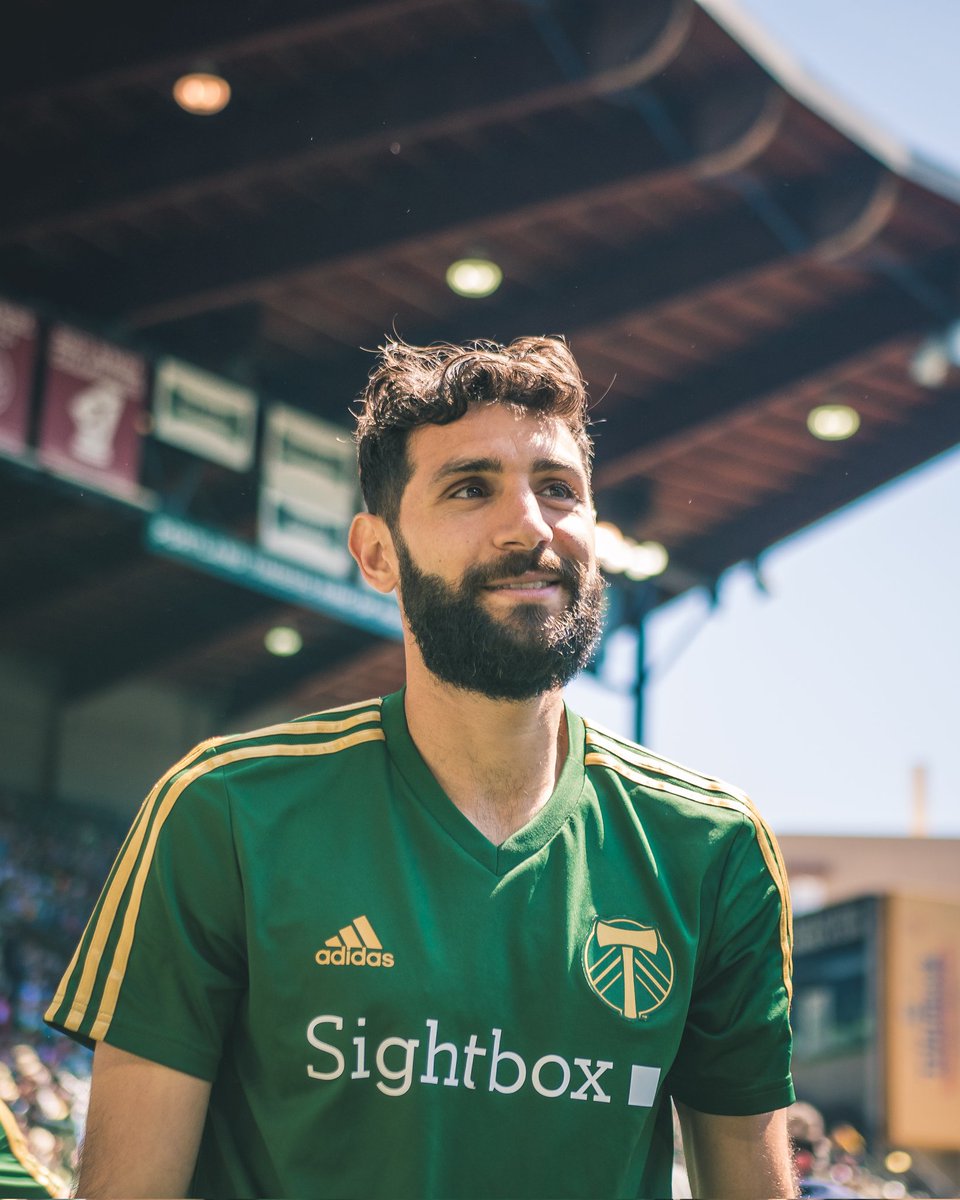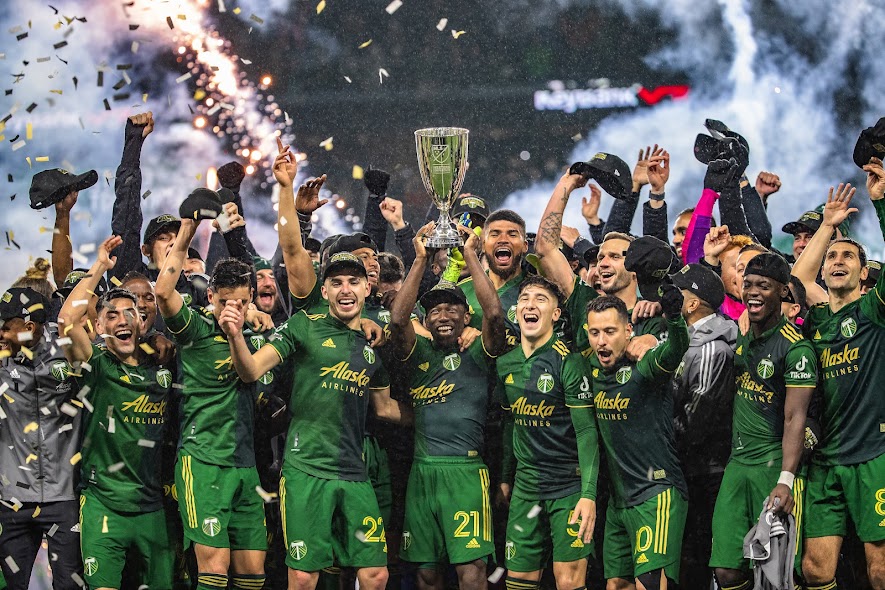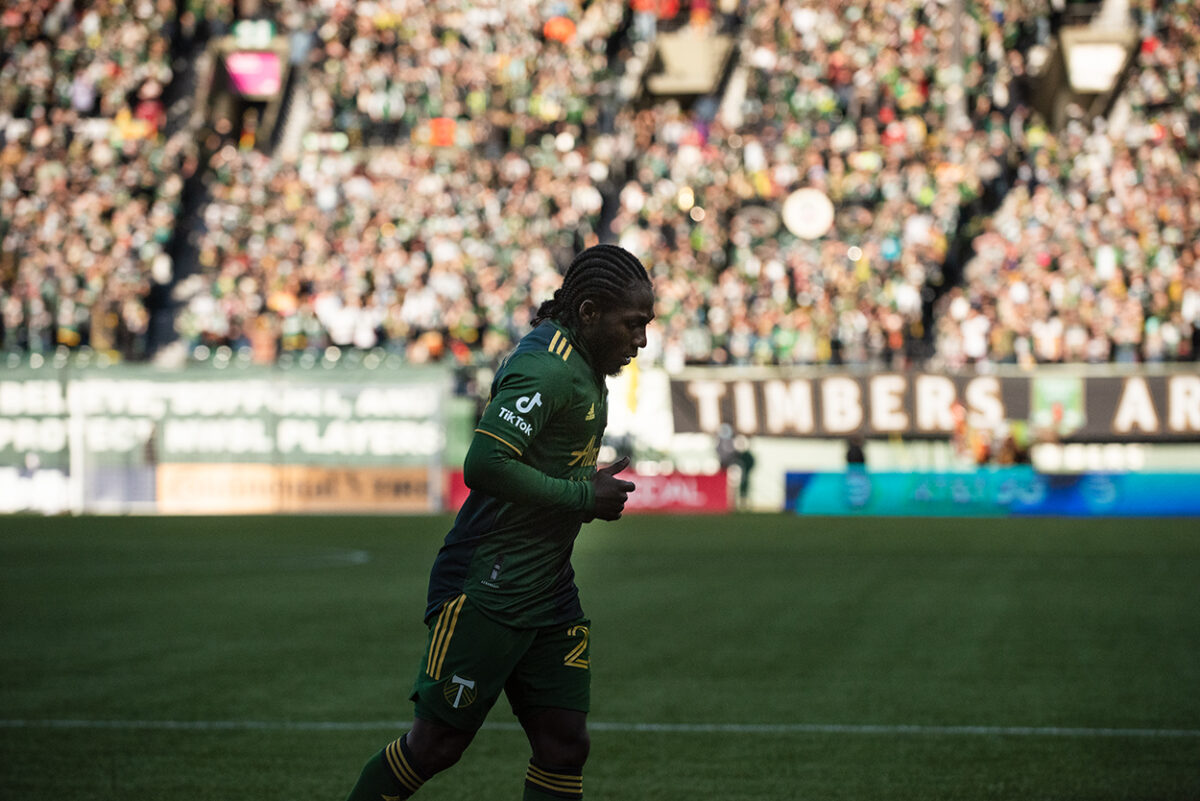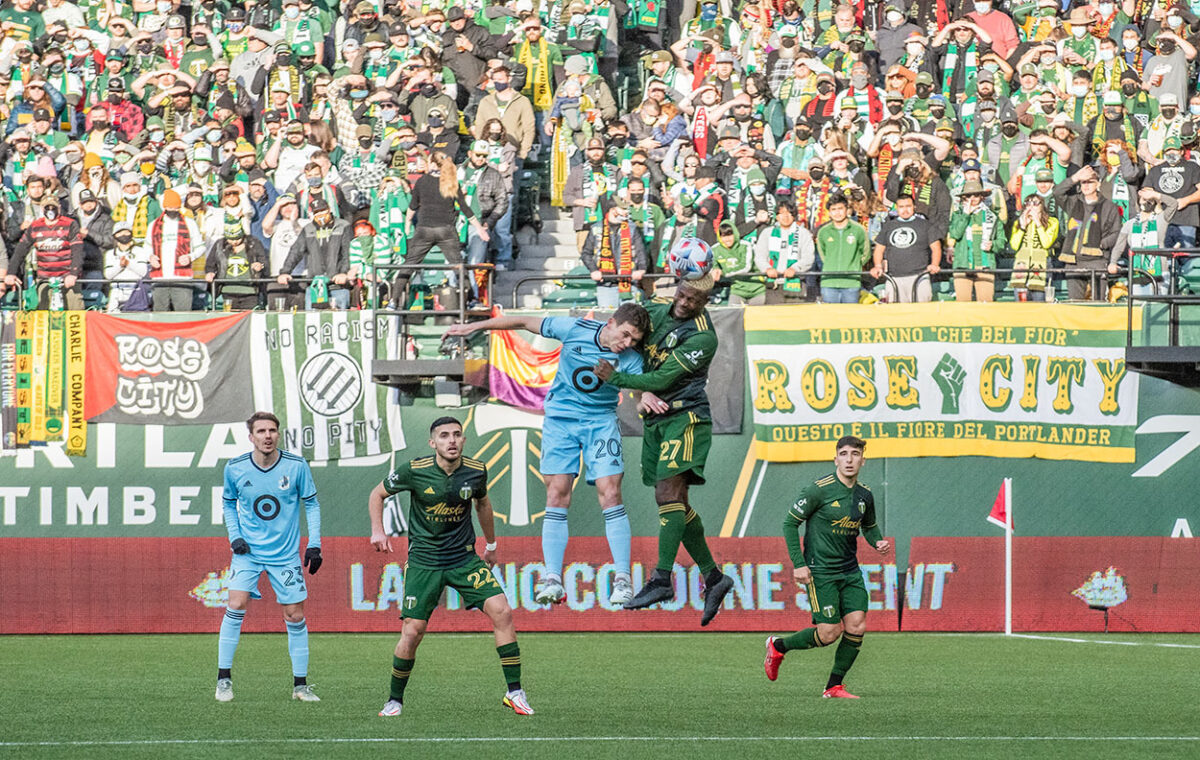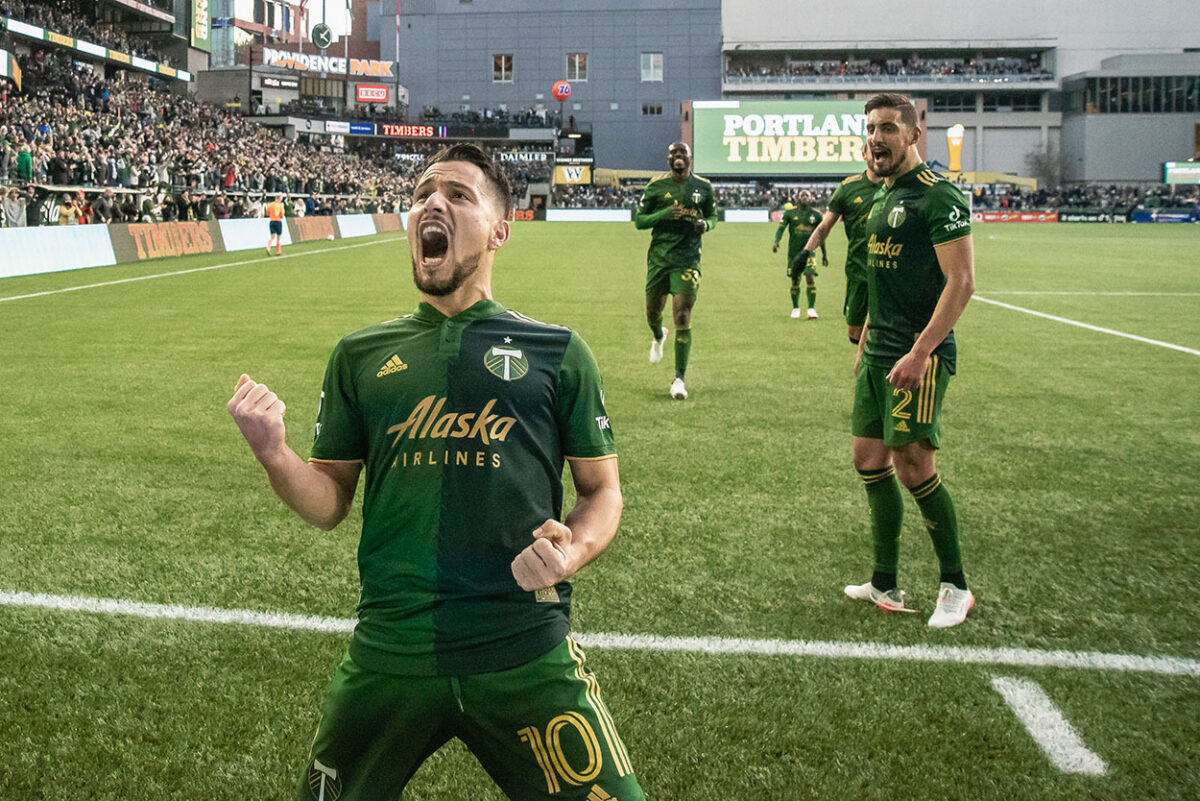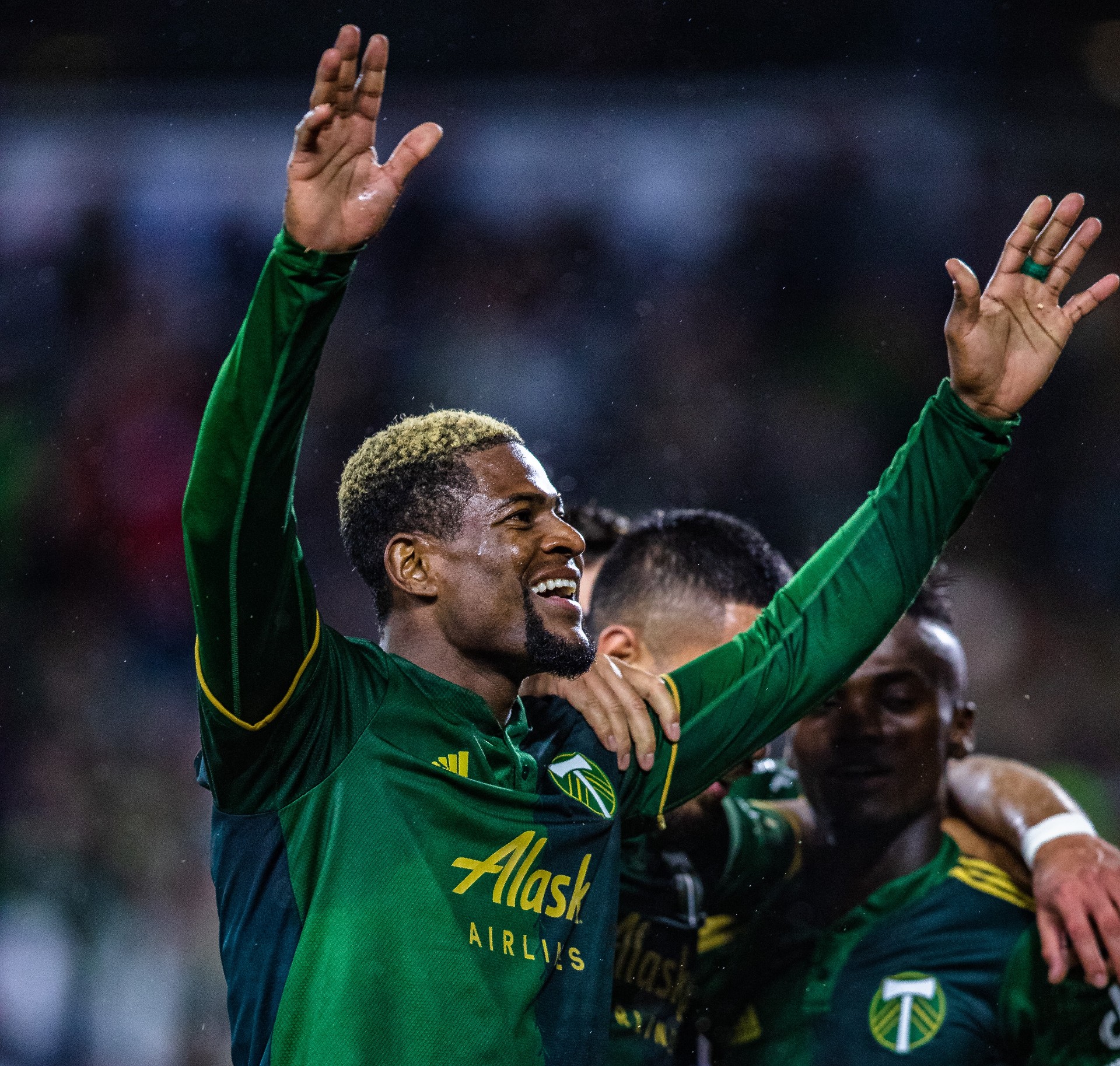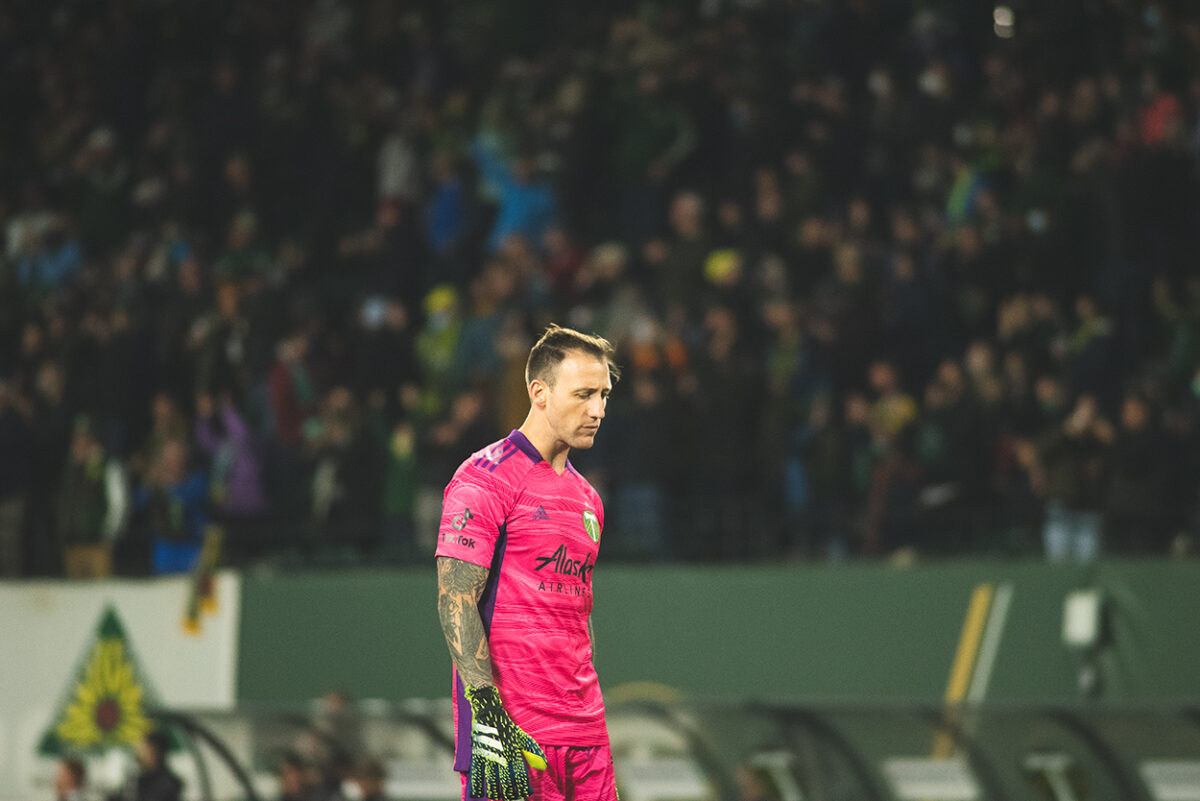The Portland Timbers are days away from kicking off the 2022 season at home on national television against the New England Revolution.
In ordinary years, this would be cause for great excitement. This year, with the club’s leadership embroiled in controversy over its handling of the Paul Riley coercion and harassment allegations and under investigation over its handling of the Andy Polo abuse allegations, it’s decidedly different.
For many, the joy of attending Timbers matches has been complicated. For some, it’s been, at least for now, erased. The club is set to meet with the leadership of the Timbers Army for the first time since the Riley story broke on March 3, and members of both the local and the national media are pressing for answers on the Polo situation.
It is likely that the start of this, the Timbers’ 12th MLS season, will be overshadowed by events off the field. But the fervent hope of most every supporter is that at some point—preferably some point soon—we can return to talking about soccer.
On the field, the Timbers are in a precarious position. Diego Valeri is gone. Steve Clark is gone. Sebastian Blanco is about to turn 34 and Diego Chará is about to turn 36. Larrys Mabiala will be 35 by playoff time.
Despite the young talent around that trio, the season is shaping up to go one of two directions: a last chance to compete for a championship with the team’s 2017 core minus Valeri, or a transitional year in which that core fades. Here’s a look at where the team is at heading into Opening Day.
GOALKEEPER
The Timbers have enjoyed some very good goalkeeping in their MLS history, but they perhaps never got better than what Clark gave them over the last several seasons: phenomenal shot stopping, very few blunders, and a certain joie de vivre that will be sorely missed this year.
Clark is now in Houston. The Timbers, perhaps because of salary cap issues, did not seem to make a serious play to retain him in free agency., nor did they acquire a clear starting goalkeeper to replace him. That means that, for the foreseeable future, it will be Aljaž Ivačič and David Bingham in goal.
Neither goalkeeper inspires a great deal of confidence. Ivačič, the towering Slovenian, was signed to eventually be the starter back in 2019, but couldn’t beat out Jeff Attinella or Clark over the next three seasons and has looked uneven in his handful of appearances with the first team.
Bingham, meanwhile, the former San Jose and LA Galaxy starter, was out of the league in 2021 and trained with the Timbers before joining the club in the offseason. He hasn’t been an everyday starter since 2019, when he struggled behind a porous Galaxy defense.
The job, considering the club’s investment in him, should be Ivačič’s. He is younger and has more upside than Bingham, though he may not be on a long leash in what seems like a make-or-break year—Giovani Savarese has not shied away from rotating goalkeepers based on form.
Former LA Galaxy II backstop Justin Vom Steeg and homegrown Hunter Sulte are also on the roster.
LEFT BACK
It’s the Claudio Bravo show. The young Argentinian fullback blossomed last season after a difficult beginning to life in MLS, distinguishing himself as a major attacking threat and holding his own defensively down the stretch as well.
Bravo is an excellent player to watch, and at just 24, he has plenty of room left to grow. The Timbers are relying on his durability, because there’s not much behind him on the depth chart—likely just Pablo Bonilla sliding across the backline.
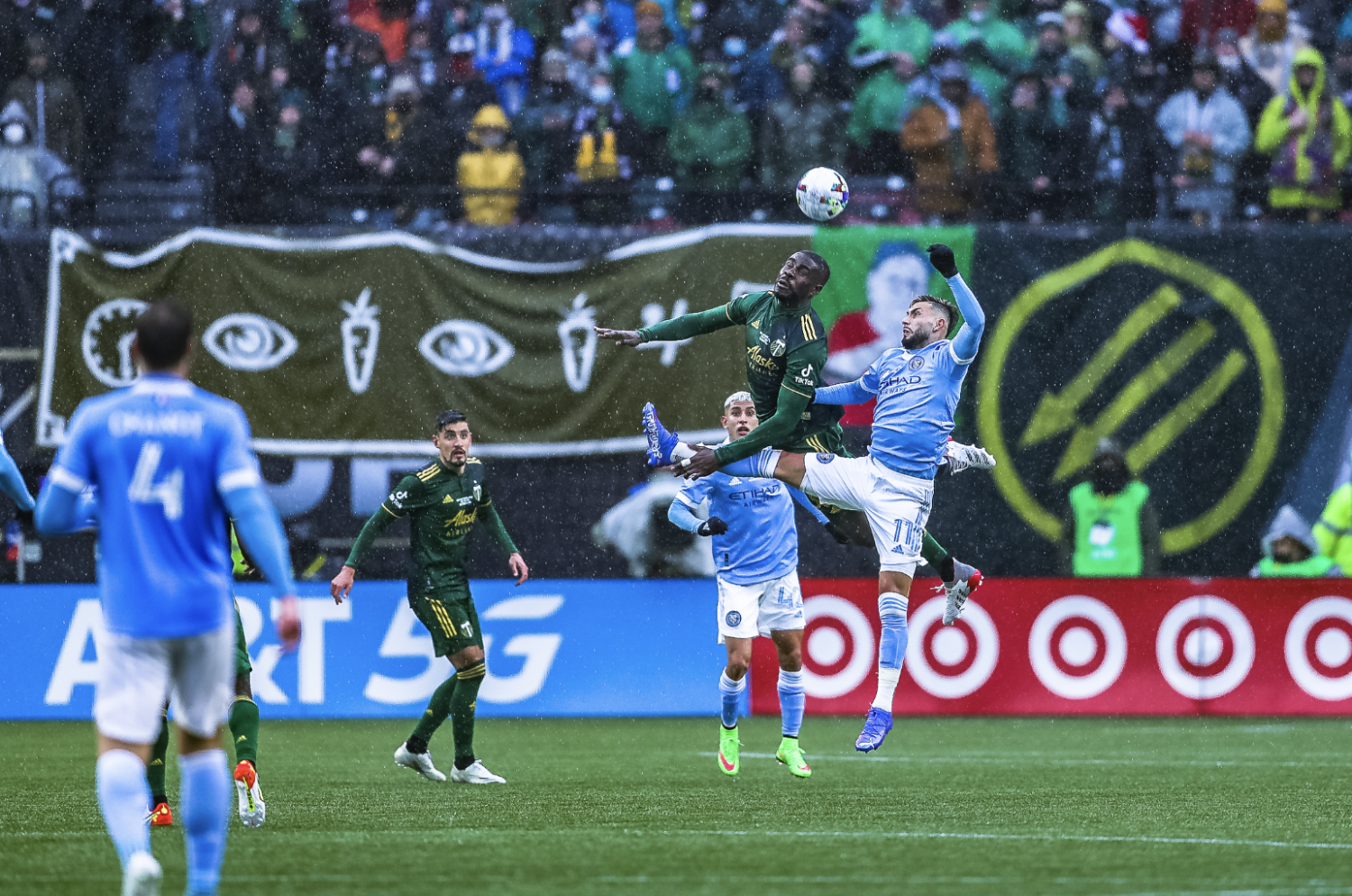
CENTER BACK
The Mabiala/Dario Zuparic tandem dug deep in the fall and winter, just as you would expect from a veteran duo, and delivered the kind of steady, locked-in defensive performances MLS Cup teams always get from their center backs. Both players had standout moments in the playoffs, and Mabiala in particular was tremendous in MLS Cup.
But now both players are hurt to start the season, with identical sports hernia injuries. They’re slated to be back in mid-March, but until then, the Timbers’ depth at this position will be tested.
Bill Tuiloma has stepped into these kinds of positions before, but it’s fair to say that 24-year-old California native Zac McGraw has not. McGraw only started two games last year—games where the Timbers shipped six goals—and it will be a big task for Tuiloma to shepherd the backline in the absence of the two starters. Rookie Justin Rasmussen, signed the day after scoring a banger against Viking FK in preseason, could get minutes as well.
In the bigger picture, there are plenty of reasons for confidence and a few for concern. Mabiala generally goes through periods where he struggles with the pace of play, and neither he nor Zuparic have the kind of speed or agility that clubs increasingly look for in center backs.
This unit has always gotten it done when it’s mattered for the Timbers in recent years, but after conceding 52 goals in 2021 with an excellent goalkeeper behind them, the margins for regular-season error may be thinner this time around. We’ll see how this group holds up.
RIGHT BACK
The Timbers finally, after the beginning of preseason, hammered out a deal to bring last year’s starter, Jose Carlos Van Rankin, back for 2022.
But the structure and length of Van Rankin’s deal—a loan through the summer that the Timbers can extend through the end of the year—is not exactly a vote of confidence. Neither the Timbers nor Van Rankin’s parent club Guadalajara seem sold on the fullback, which is understandable. He was frequently caught out of position and flat-footed defensively last year.
Van Rankin’s precarious position has almost certainly opened the door for Bonilla, who, at 22, has established himself with the first team and is getting looks with the Venezuelan national team. The question for Bonilla is about maturity: in his young MLS career, he’s committed well over a foul per game, averaged a yellow card almost every three games, and was recently sent off in a preseason match. He’s a competitor, which is a good thing, but his performances for the club have been uneven.
Bonilla is six years younger than Van Rankin, considerably cheaper, and still growing as a player. If he wins the job, it’ll make the Timbers’ lives easier. If he doesn’t, Van Rankin’s loan will be extended.
CENTRAL MIDFIELD
Assuming Chará doesn’t fall off a cliff this year, this is a position of real strength for the Timbers.
The captain, who was the best player on the field in MLS Cup two and a half months ago, remains the premier defensive midfielder and one of the most valuable players in the entire league.
Erik Williamson, who was trending in that direction before tearing his ACL in Seattle last summer, figures to slot in next to him once fit in a season that could put him back in contention for a place in Gregg Berhalter’s World Cup squad.
The Timbers have also invested in the highly-rated young Argentinian David Ayala in this spot, who, given their depth at this position, they can afford to integrate slowly and allow to acclimate to MLS without serious pressure, just as Santiago Moreno, another young Designated Player, did last season.
Alongside that trio, Cristhian Paredes significantly raised his stock with the club during the playoff run last year and remains, when he’s locked in, an above-average MLS center mid: skillful on the ball with a good understanding of both attacking and defensive space.
George Fochive may be more of a blunt instrument, but he is now, just as he was during his first spell with the club, a reliable depth piece who can chew up minutes and provide cover for his central midfield partner as a true six.
Savarese can get three of these players into his lineup if he plays a 4-3-3, which, given the strength of the midfield, might make some amount of sense. If it’s the 4-2-3-1, however, competition for the spot next to Chará will be fierce.
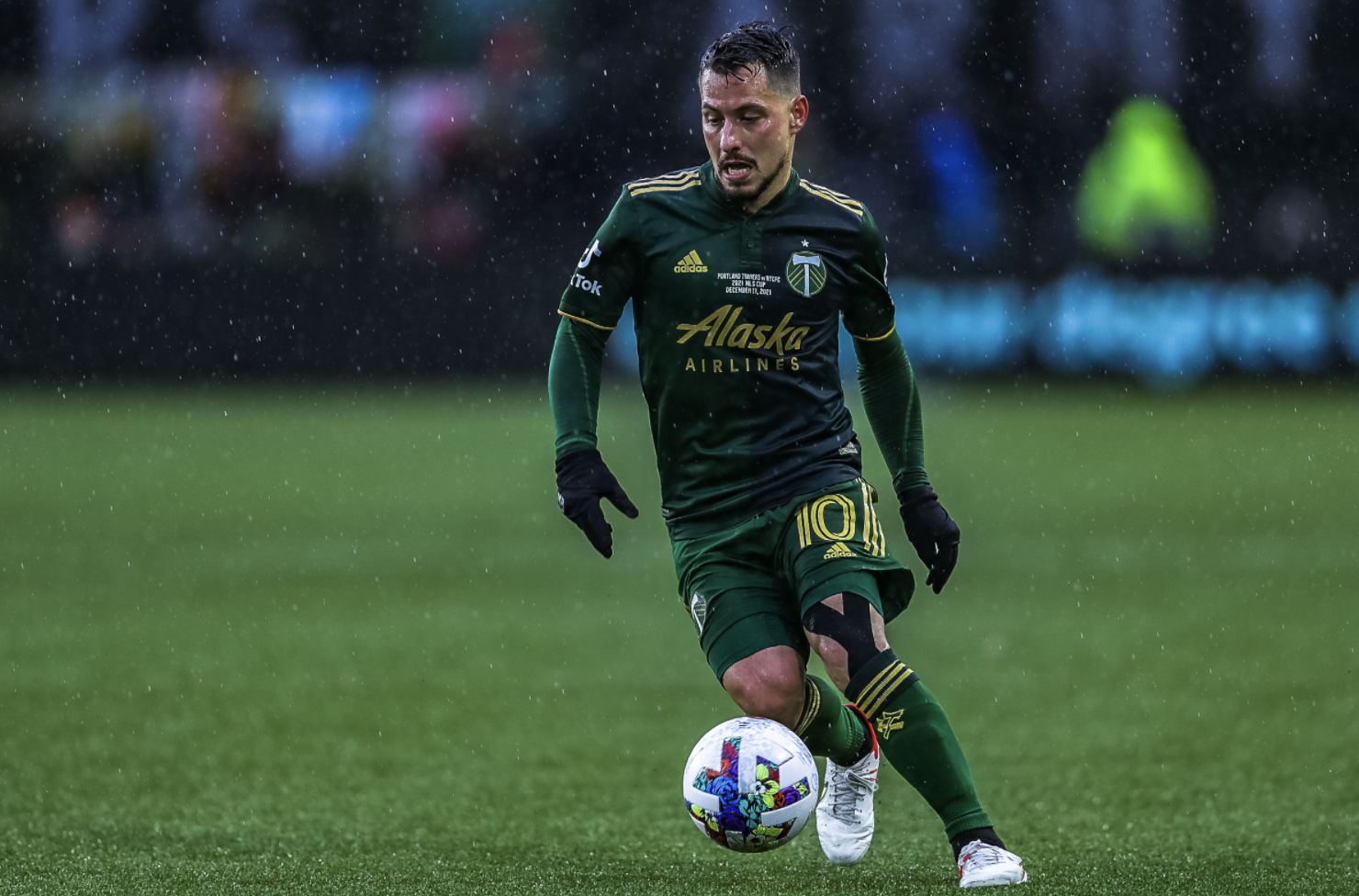
ATTACKERS
Even without a marquee singing to replace the departed Valeri, this should be another position of strength.
With Sebastian Blanco’s return, protracted as it was, the Timbers have four starting-quality attackers: Blanco, Yimmi Chara, Dairon Asprilla, and Santiago Moreno.
None are true playmakers in Valeri’s mold, and all four may be most comfortable on the wing, but their ability to interchange and complement each other gave defenders fits throughout the playoffs and should allow Savarese to throw different looks at different opponents.
Asprilla dramatically elevated his usefulness and fluidity on the ball last year, but his greatest weapon, as always, is his directness and power in the air. He’s physically a handful for defenders, especially fullbacks. Moreno’s speed makes him a handful in a very different way. He was almost unmarkable against Real Salt Lake in the Western Conference Final. Chará is, of course, a workhorse—a positive and a contributor in most every phase of the game.
With all that said: there is no minimizing Blanco’s importance. The Timbers were completely adrift without him last season, averaging 0.9 points per game in games he missed, and absolutely dominant after he returned to the lineup in the summer.
It’s not just Blanco’s attacking threat, which from just about anywhere on the field, in just about any game state, is significant. It’s also that he is very clearly this team’s alpha, a player who reliably changes the feel of games with his presence alone.
There are very few players in MLS who we can say the same of. The Timbers need him healthy, which, given that seemingly every medical team that took a look at his knees this winter raised red flags, is going to make for some very tense moments in the coming months.
Marvin Loría, who played one of the best games of his Timbers career against RSL last time he featured in a competitive match, is back as well, as is Blake Bodily. Savarese will likely find Loría minutes, while Bodily is could be in a do-or-die year if he wants to continue his MLS career.
STRIKER
The Timbers are in an interesting position here: they committed big money to two players, Felipe Mora and Jarosław Niezgoda, who the front office felt could be answers at center forward in a way that Jeremy Ebobisse was apparently not.
Mora will likely miss at least the first month of the season injured, giving Niezgoda, who has made just ten starts over the last two years, his very first run as the clear starting forward. There is no question that the Pole is an instinctual finisher, excellent in the box. It does remain to be seen how active he can be in other phases of play and whether he can affect games and contribute to the attack if he’s not scoring.
Mora, though he ran hot and cold last season, certainly did that. He’s possibly the most complete forward the Timbers have ever had, and even if he doesn’t take over games like Fanendo Adi or Brian Fernandez did, his 18-goals-in-35-starts strike rate speaks for itself.
If they’re healthy, these are valuable, talented players. Whether they justify their combined budget charge and elevate themselves into the league’s top striking tier very much remains to be seen.
Homegrown signing Tega Ikoba figures to make his first team debut during Mora’s absence, and, given the injury history of the two players ahead of him, the Timbers will be hoping he adjusts to life in MLS quickly.

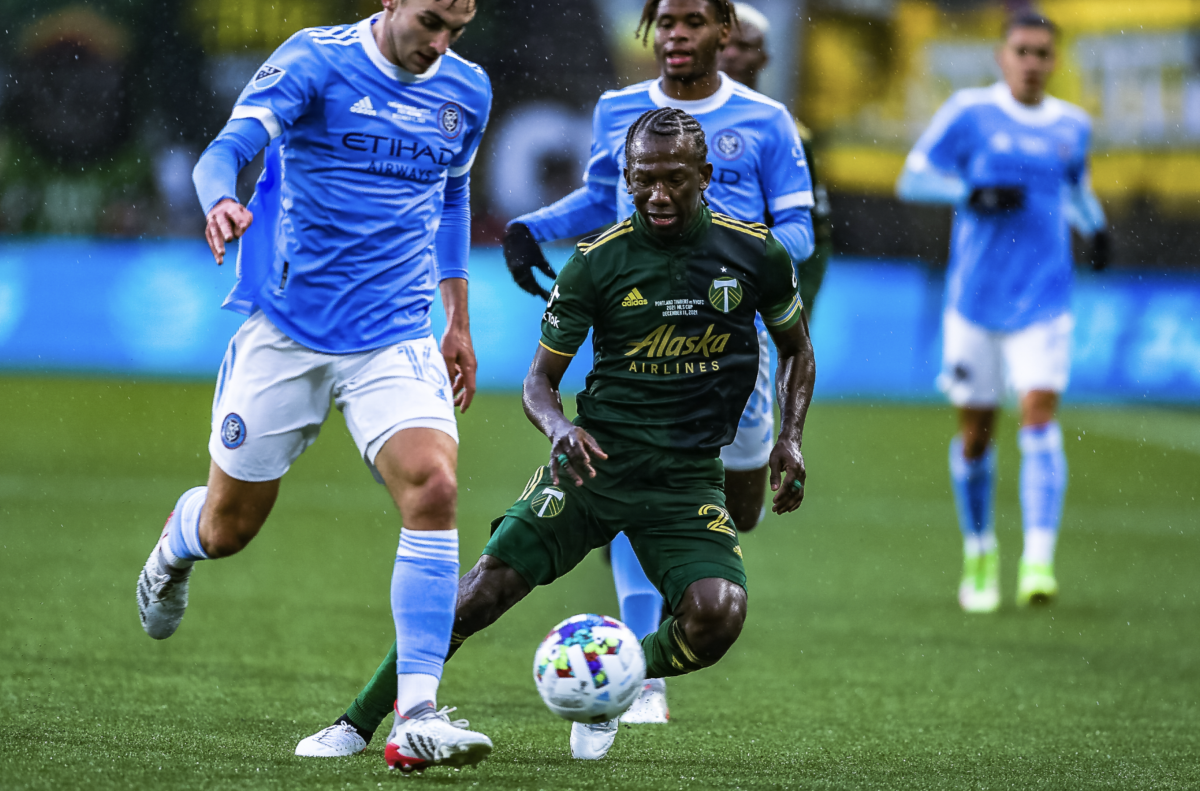
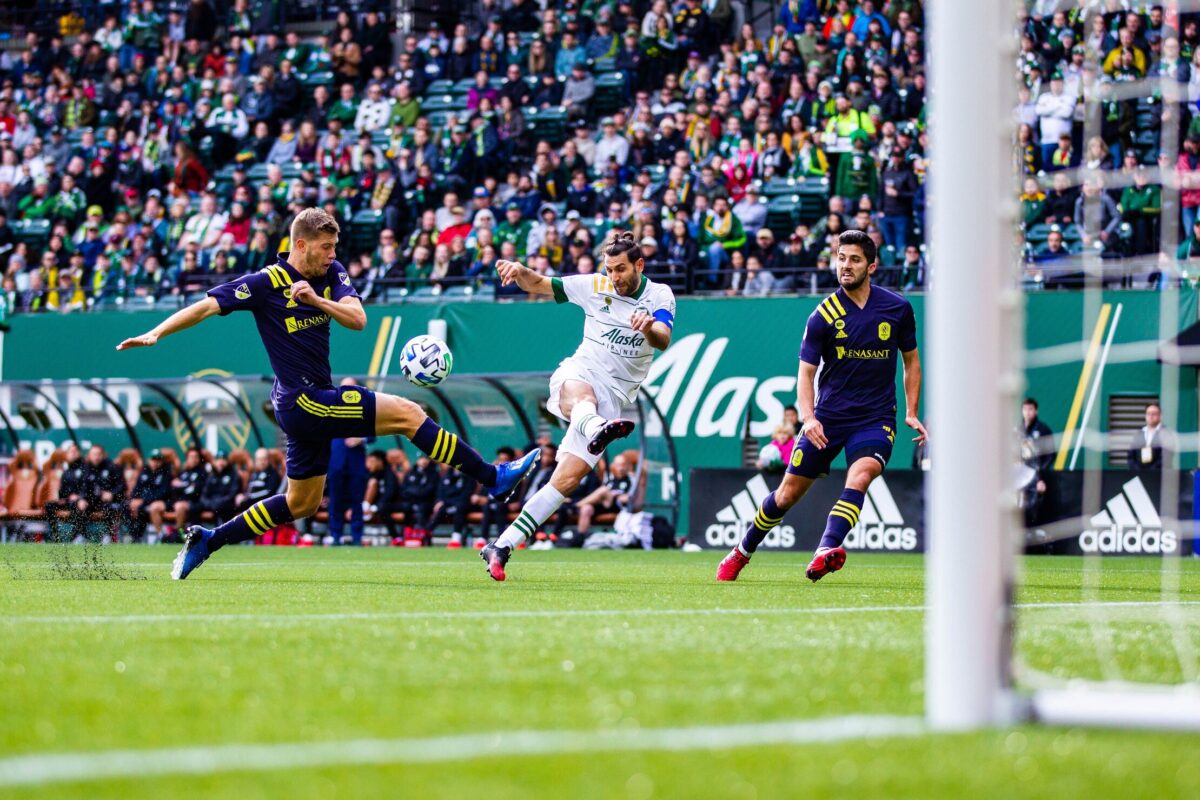
 Unlock with Patreon
Unlock with Patreon